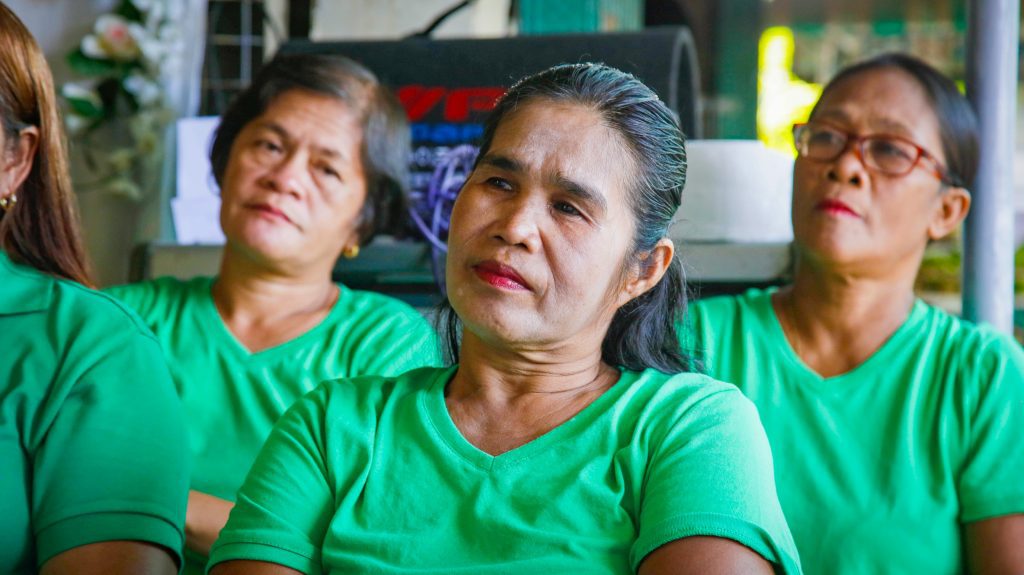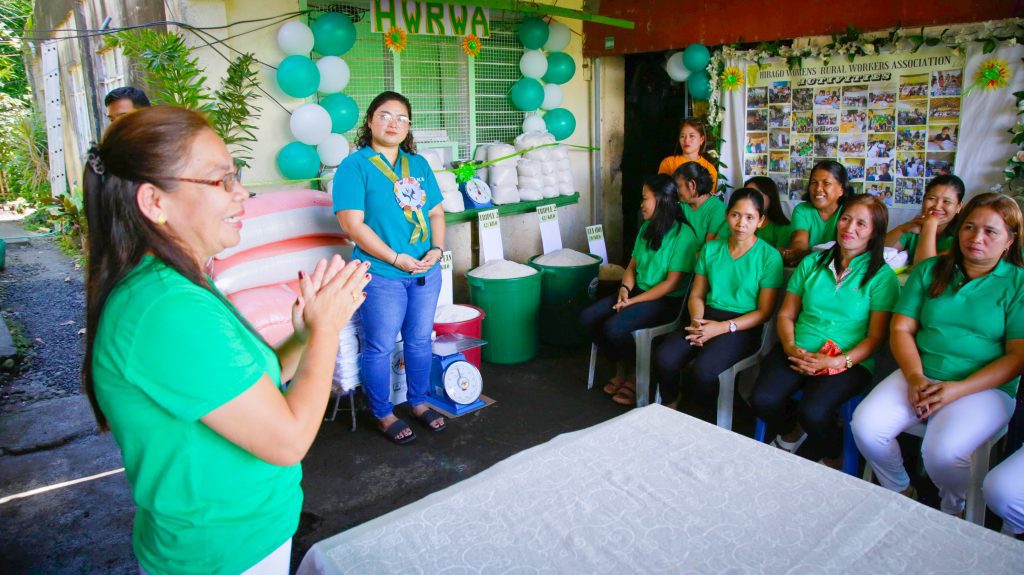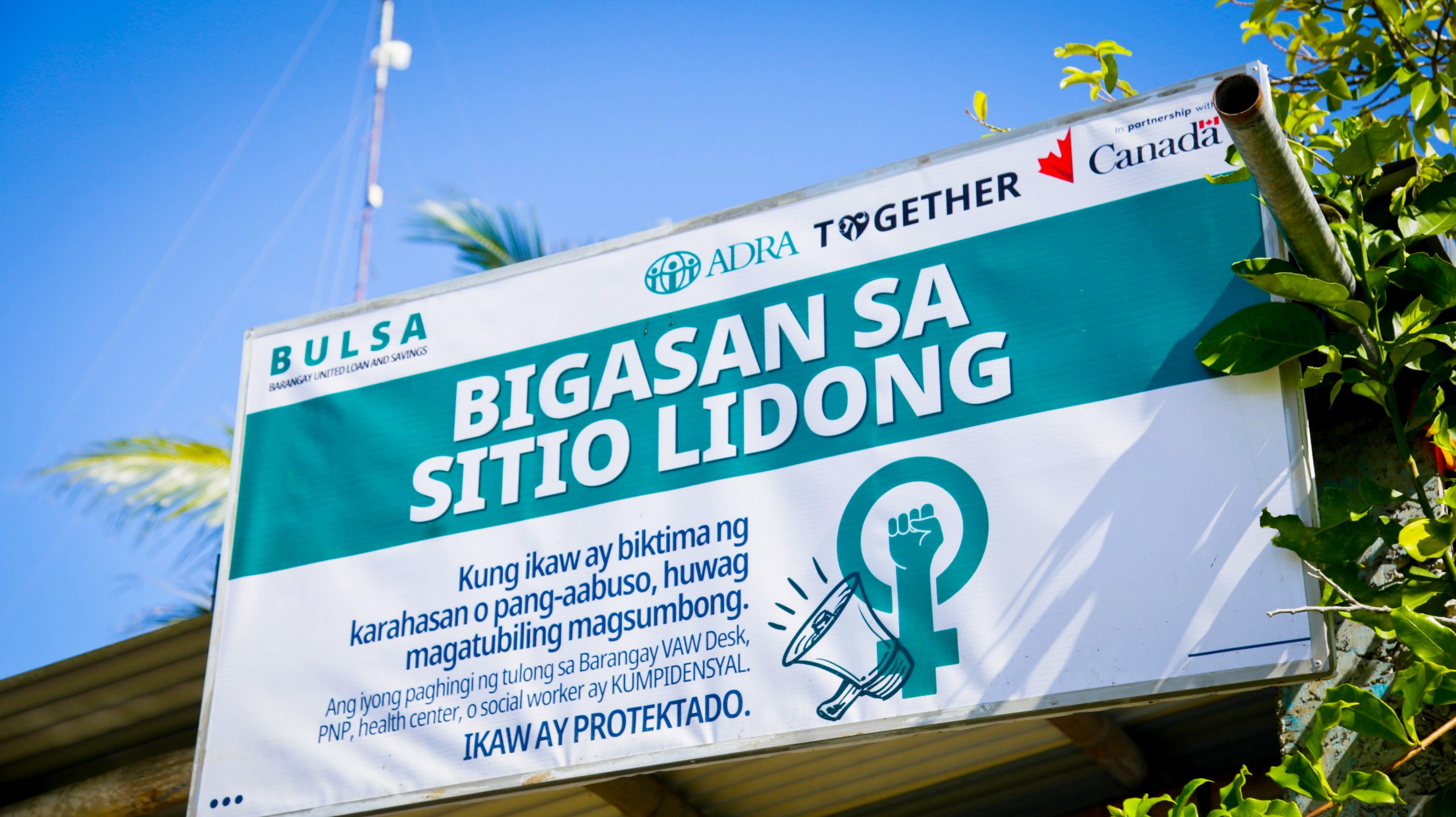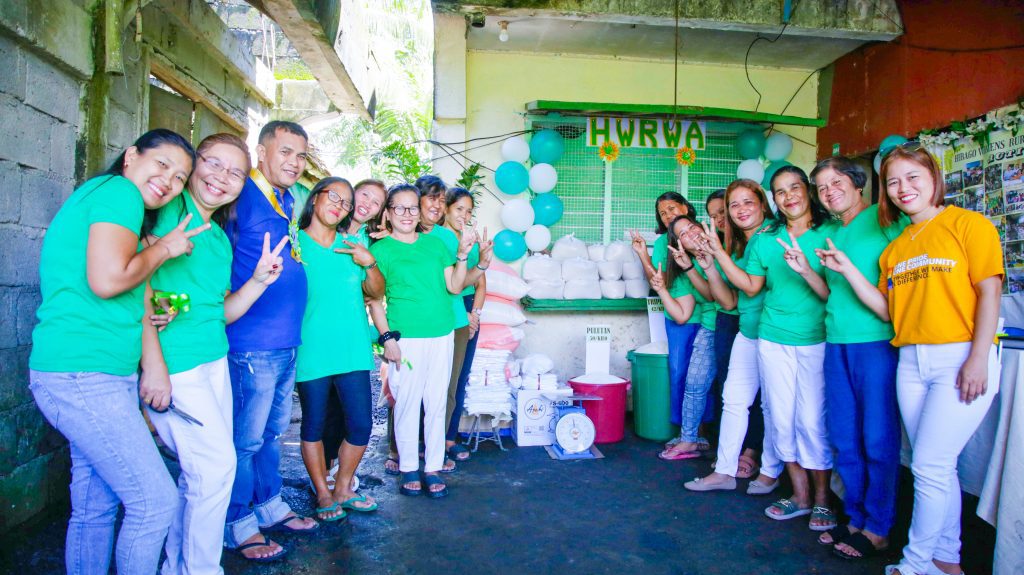How a TOGETHER initiative empowers economic resilience and access to healthcare

Barriers to Quality Healthcare
For many in the world, accessing quality healthcare is a challenge. Distance and healthcare providers’ capacity to deliver quality services are among the barriers. A lack of economic resilience can also put healthcare financially out of reach.
At least, that is the case for some in the Hibago Ocampo community in the Philippines. Families can be placed in a position of deciding between accessing the healthcare they need or paying for another essential need for the family.
Add to this the demonstrable fact that women are more likely to forego their own needs to ensure their family’s needs are met. For example, in the quest to ensure their family has enough food, they are willing to sacrifice their own nutrition. Women are willing to overlook their own medical needs to ensure they meet the needs of their families.
But this can backfire. A lack of nutrition contributes to poor health, and poor health negatively impacts one’s ability to provide and care for their family. Unaddressed health concerns can worsen to the point of emergency or a greater intervention than might have been necessary. This, of course, can mean higher costs.

Achieving Economic Resilience
Through the TOGETHER project, ADRA is coming alongside women in the Philippines to help them find ways to build their economic resilience. TOGETHER works with women to pull their families out of the corner where they must choose between essential needs. Most significantly, TOGETHER is helping women reach the point where they no longer need to sacrifice the healthcare they need in order to meet their family’s needs.
“Access to SRHR (sexual and reproductive health and rights) care is crucial for women as it enables them to address their health issues and prevent potential financial burdens in the future,” explains Veblen Reynes, the Behaviour Change Communication Officer for the TOGETHER project at ADRA Philippines. “By proactively managing their health, they can prevent illnesses.”

With funding from Global Affairs Canada, the TOGETHER project ensures that over 100,000 of the most vulnerable in Cambodia, Kenya, the Philippines, and Uganda can exercise their health-related human rights.
One way TOGETHER empowers women is through savings and loans groups. In the Philippines, they are called BULSA (Barangay United Loan and Savings) groups. These groups act as a kind of bank for the members – a place to set financial goals and achieve them through savings, interest earnings, and loans.
Recently, the TOGETHER project offered livelihood grants to BULSA groups to enable them to start their own businesses. Group members came together, formed a business plan, and applied for grants.
The grant, at 44,500 pesos, plus contributions from the group, is just enough to help the group get started. As each BULSA member contributes to the finances and running of the business, each member, therefore, gets a payout from the business.
Each business is officially registered as a workers’ association accredited by the Department of Labor and Employment. This accreditation enables the groups to operate legally, furthering women’s economic empowerment.
“Given the financial challenges faced by marginalized individuals in accessing healthcare, initiatives like BULSA and the livelihood grant aim to provide support and alleviate the burden on their healthcare expenses,” shares Reynes.

Rice Retail Store Strengthens Economic Resilience and Food Security
The first group to receive a grant was the Hibago Women’s Rural Workers Association (HWRWA). So far, ten groups have received grants, with a goal of 24 groups next year.
HWRWA decided to set up a rice retail store in their town, Sitio Lidong. For many in Sitio Lidong, buying rice means spending 80 pesos round-trip to the closest market plus 45-55 pesos for a kilogram of rice. To put this expense into perspective, a person pays for roughly 1.5 kilograms of rice in transportation costs to buy a kilogram. HWRWA sells rice locally and at an affordable price.
HWRWA is strengthening the members’ economic resilience, empowering them to better meet their family needs and their own health needs.
The HWRWA rice retail store benefits the community, as well. It saves community members transportation costs, freeing up that money for other family needs.
Four months into their new business, HWRWA is fast approaching the break-even point. Enthusiasm and optimism for success are high.
In an interview with ADRA, Mary Jane Enciso, the president of HWRWA, said, “You did not only impact our livelihoods. You also gave us the opportunity to have another ambition for our lives. You opened our minds by imparting knowledge on our rights and gave us the chance to be more united. The Government of Canada truly has a good intention that we really should not take for granted… Whatever dream we have today can be achieved as long as we are united.”
Thank you for making work like this possible!
